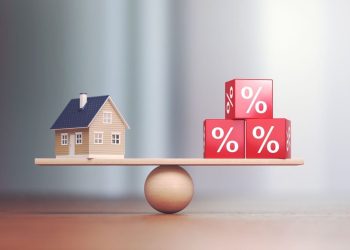The U.S. economy added 209,000 jobs in July, the Labor Department recently reported, flouting expectations and signaling riper conditions for the housing market. The unemployment rate retreated to 4.3 percent, a low, and hourly wages on average went up 0.3 percent to $26.36.
” strong jobs report showed some good news,” says Danielle Hale, chief economist for realtor.com®. “A strong job market and extra dollars in the pockets of many workers should further bolster consumer confidence in the current economic situation and outlook. This is particularly important for homebuyers, who often finance their purchase over 30 years and are most likely to buy when they have a good job today and see strong prospects in the future.
“Additionally, above-average growth in residential construction jobs (4.9 percent) is a positive sign for new-home construction in the months ahead, which should help add to the number of homes available for sale and help tame home price increases,” Hale says.
Home-building expanded 8.3 percent in June, according to data from the U.S. Census Bureau and the Department of Housing and Urban Development (HUD), with single-family construction activity picking up 6.3 percent. Home-building is being held back by labor and lot shortages, as well as rising costs and stringent regulation.
“The July employment report proved that the economy remains capable of creating 180,000 jobs per month even with the unemployment rate falling back to 4.3 percent, suggesting that the number of potential workers sitting on the sideline continues to shrink,” says Brian Schaitkin, senior economist for The Conference Board. “The good news on employment is consistent with strengthening economic growth, including from investment, entering the second half of 2017. More jobs and more investment are both signs that stronger global economic conditions may be lifting the ongoing expansion into a higher gear.”
Based on the July data, Schaitkin anticipates another key interest rate hike before the end of the year. The movement of the key rate can have secondary effects on housing sentiment and mortgage rates.
“Slower than expected wage and inflation growth relative to labor market conditions will likely cause the Federal Reserve to raise rates only once more this year,” Schaitkin says. “A stronger economy could lead to a reconsideration of this policy change if it is combined with signals in the upcoming months that prices and wages are starting to rise faster.”
For the latest real estate news and trends, bookmark RISMedia.com.











